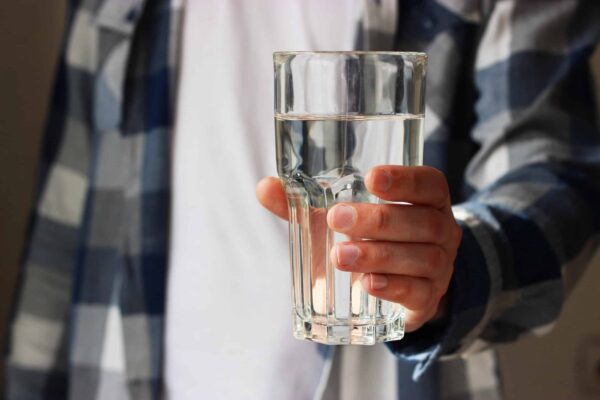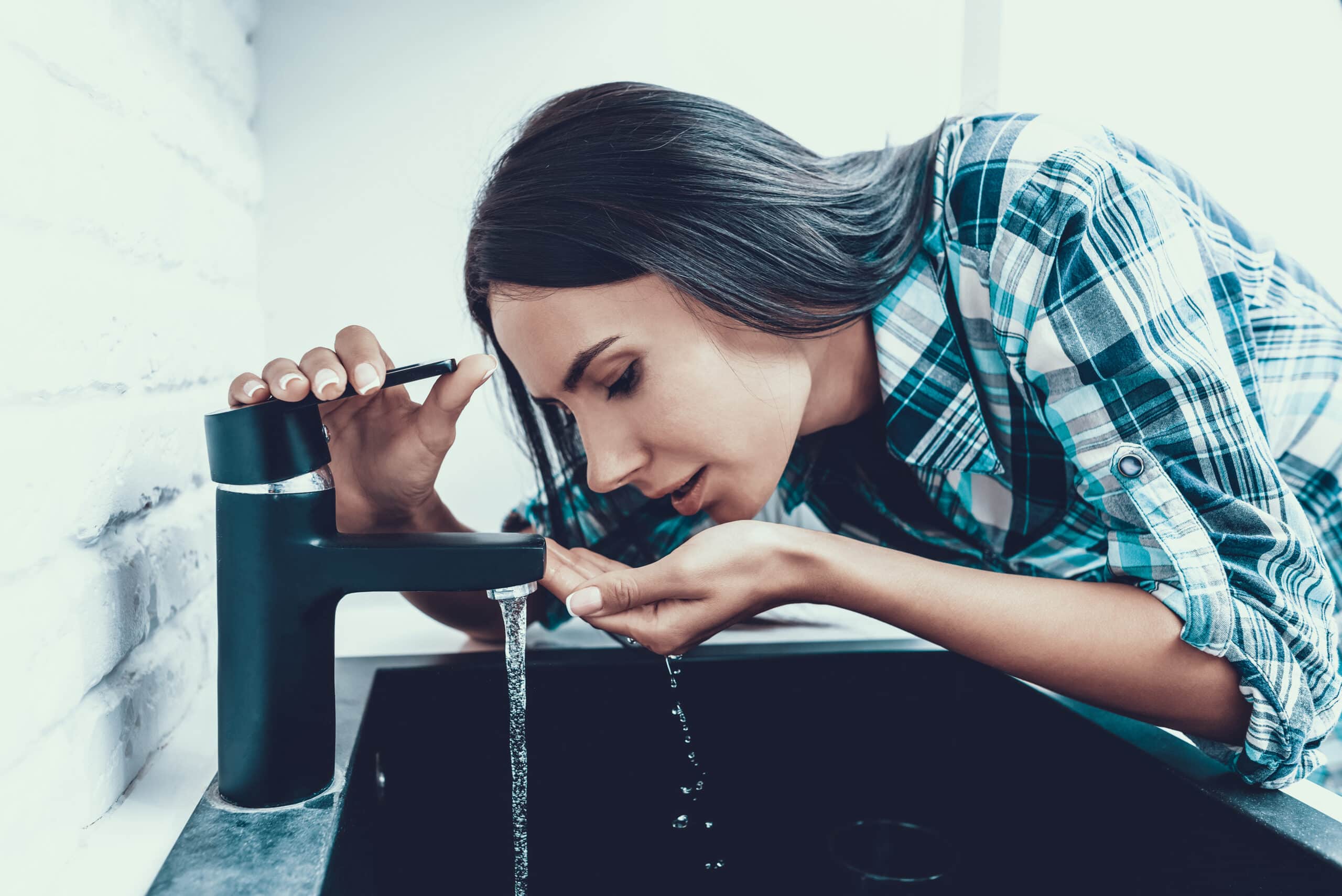Quench your thirst in Valencia: Is tap water safe to drink?

Valencia, a city known for its vibrant culture and stunning attractions, offers more than just beauty to its residents and tourists. One common concern that arises when exploring a new destination is the safety of tap water. Many people often wonder if it is safe to drink tap water in Valencia. In this article, we will delve into the quality and safety of Valencia's tap water, ensuring you can quench your thirst with confidence.
Water Quality Standards: Ensuring Your Safety
The tap water in Valencia is subject to rigorous quality control measures to ensure its safety. The Spanish authorities closely monitor the water supply to meet the high standards set by the European Union. The water undergoes regular testing for various contaminants, including bacteria, chemicals, and heavy metals.
Safe for Consumption: Hydration with Confidence
Rest assured, tap water in Valencia is generally safe for consumption. The city's water treatment processes effectively eliminate harmful microorganisms, ensuring a high level of hygiene in the water supply. Valencia's commitment to providing safe drinking water is evident in its compliance with the strict criteria established by the World Health Organization (WHO) for drinking water safety.
Benefits of Drinking Tap Water: A Refreshing Choice
Choosing to drink tap water in Valencia offers several advantages. Firstly, it is incredibly convenient and readily available in homes, restaurants, and public spaces. With just a twist of the faucet, you can quench your thirst without any hassle. Secondly, opting for tap water is a more environmentally friendly choice. By reducing the consumption of bottled water, you contribute to minimizing plastic waste and its detrimental impact on the environment. Lastly, drinking tap water is cost-effective and can save both visitors and residents money in the end.
Occasional Quality Fluctuations: Embrace Nature's Touch
Occasionally, you might notice slight fluctuations in the taste or odour of Valencia's tap water. These variations are usually temporary and arise due to factors such as seasonal changes, maintenance work, or variations in water sources. Rest assured, these fluctuations do not pose any significant health risks and are merely a testament to the ever-changing nature of water.
Precautions and Alternatives: Personal Preferences
Occasionally, you might notice slight fluctuations in the taste or odour of Valencia's tap water. These variations are usually temporary and arise due to factors such as seasonal changes, maintenance work, or variations in water sources. Rest assured, these fluctuations do not pose any significant health risks and are merely a testament to the ever-changing nature of water.
Conclusion: Sip with Confidence
In conclusion, tap water in Valencia is generally safe to drink, meeting the required quality standards. Whether you are a visitor exploring the city or a resident enjoying the local lifestyle, you can confidently quench your thirst straight from the tap. Embrace the convenience, cost savings, and environmental benefits that come with choosing tap water. However, should you have any concerns or personal preference, bottled water is always a readily available alternative.

FAQs
1. Can I trust the quality of tap water in Valencia?
Yes, tap water in Valencia meets the rigorous quality standards set by the European Union and the World Health Organization. It is generally safe for consumption.
2. Are there any health risks associated with drinking tap water in Valencia?
No, the water undergoes regular testing to eliminate contaminants, ensuring it is safe for drinking. Any occasional fluctuations in taste or odour are temporary and do not pose significant health risks.
3. What are the benefits of drinking tap water in Valencia?
Drinking tap water in Valencia is convenient, environmentally friendly, and cost-effective. It is readily available, reduces plastic waste, and can save you money in the end.
4. Are there any alternatives to tap water in Valencia?
If you have a sensitive stomach or prefer additional reassurance, bottled water is a widely available alternative. However, it is important to note that bottled water is regulated under similar safety standards as tap water.
5. Is tap water in Valencia suitable for children and pregnant women?
Yes, tap water in Valencia is safe for consumption by all age groups, including children and pregnant women. The water undergoes rigorous testing to ensure its safety and meets the required quality standards.
6. How can I ensure the taste of tap water in Valencia is pleasant?
Occasional fluctuations in taste may occur due to various factors. To ensure a pleasant taste, you can use a water filter or refrigerate the water before drinking.
7. Can I use tap water in Valencia for cooking and brushing my teeth?
Absolutely! The tap water in Valencia is safe not only for drinking but also for cooking and for oral hygiene purposes, such as brushing your teeth.
8. What steps does Valencia take to maintain the quality of tap water?
Valencia's water supply undergoes continuous monitoring and treatment processes to maintain its quality. Regular testing is conduct to ensure that the water meets the highest safety standards.
9. How can I contribute to reducing plastic waste while in Valencia?
By choosing tap water over bottled water, you actively contribute to reducing plastic waste. Carry a reusable water bottle with you and refill it from the tap whenever you need to quench your thirst.
10. Are there any initiatives in Valencia to promote tap water consumption?
Valencia promotes tap water consumption through public awareness campaigns, encouraging residents and tourists to choose the city's safe and reliable tap water.
In conclusion, tap water in Valencia is not only safe to drink but also offers numerous benefits. You can confidently quench your thirst and enjoy the convenience, cost savings, and environmental friendliness that tap water provides. With rigorous quality control measures in place and compliance with international standards, Valencia ensures that residents and visitors have access to high-quality drinking water. So, go ahead and embrace the refreshing taste of Valencia's tap water, knowing that you are making a healthy and sustainable choice.